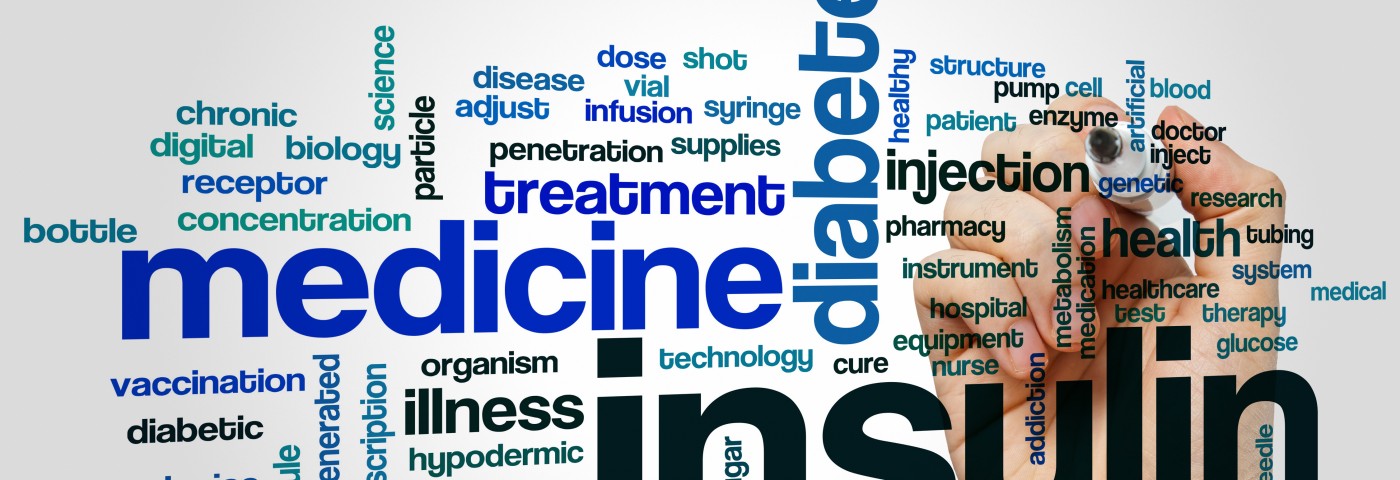Adocia and Eli Lilly & Company recently published positive, topline results from a Phase 1b clinical trial evaluating BioChaperone Lispro — an ultra-rapid formulation of insulin lispro licensed to Lilly and using Adocia’s proprietary BioChaperone technology, to accelerate the absorption of insulin.
“We are extremely pleased to confirm that BioChaperone Lispro consistently delivered superior post-prandial control compared to Humalog, especially after a real-life solid meal. BioChaperone Lispro proved to offer a robust performance throughout the study period,” Adocia’s CMO, Simon Bruce, MD, PhD, said in a press release. “We also saw excellent preliminary safety results in the outpatient setting, with no observed difference between the treatments.”
In the double-blind, randomized, crossover clinical trial, 36 people with type 1 diabetes were given personalized doses of BioChaperone Lispro and Humalog (insulin lispro) in their multiple daily injection regimen over two periods for 14 days. Each daily treatment consisted of either BioChaperone Lispro-Humalog or Humalog-Biochaperone Lispro. At the start and conclusion of each period, participants underwent a meal tolerance test to compare post-prandial blood glucose profiles after similar bolus injections of either Lispro or Humalog given right before mealtime. Meals were of fixed nutrient ratios.
The trial — titled “To Investigate the Efficacy and Safety of Individualized Doses of BioChaperone Insulin Lispro in Comparison to Humalog® U-100 in Patients With Type 1 Diabetes Mellitus” — assessed the effects of differently timed administrations, with treatments being given at mealtime, 15 minutes before meals, or 15 minutes after the start of a meal. Most commercialized fast-acting insulin equivalents are indicated for administration before solid food, but ultra-rapid insulin is meant to allow for an injection either at mealtime or after the start of a meal.
At the study’s start and injected at mealtime, BioChaperone Lispro showed a statistically significant 31 percent reduction, compared to Humalog, in blood glucose excursion over the first two hours. After 14 days of treatment, BioChaperone Lispro compared to Humalog similarly showed a significant statistical 42 percent reduction in blood glucose excursion over the first two hours when taken at mealtime.
“This was an important study and provides our first experience with repeat doses of this ultra-rapid insulin formulation in an outpatient setting,” said Thomas Hardy, MD, PhD, Lilly Research Laboratories’ senior medical director. “We are encouraged by these results and look forward to seeing the results of additional, ongoing studies.”
Both treatment were well-tolerated throughout the trial period, with no unexpected or new safety findings.
Adocia’s BioChaperone technology platform uses polymers, oligomers and small organic compounds to enhance the effectiveness and safety of therapeutic proteins and their ease of use.


